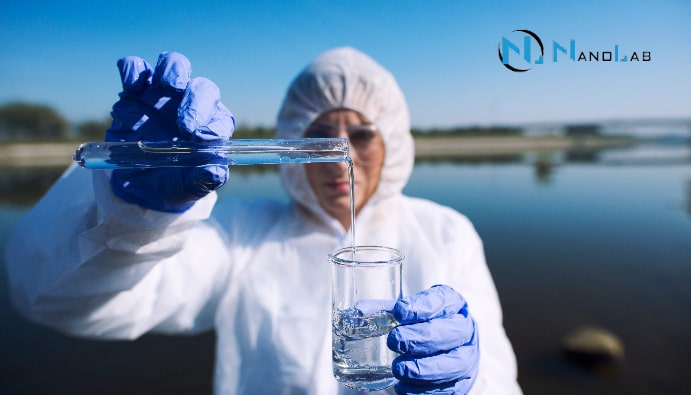
BLOG
KATEGORİDEKİ DİĞER YAZILAR

Acrylamide is a toxic and potentially carcinogenic compound that occurs during the cooking of food, especially at high temperatures. Acrylamide is formed during frying, roasting or baking of some starchy foods. However, acrylamide is not only found in food, it can also leach into water during industrial processes and can therefore be present in water. Determination of acrylamide in water is of great importance for the detection and concentration of this compound in water sources such as both drinking water and surface waters.
The determination of acrylamide in water is a critical analysis for both environmental health and water safety. Acrylamide is a compound that should not be present in water supplies because it is potentially toxic and can have long-term adverse effects on human health. The presence of acrylamide in water intended for human consumption can increase health risks. Therefore, regular monitoring of acrylamide levels in water sources is important for environmental protection and public health policy making.
The determination of acrylamide in water is usually performed using analysis methods such as gas chromatography-mass spectrometry (GC-MS). Here are the details of these methods:
Determination of acrylamide in water is performed in accordance with environmental regulations and health standards. In Turkey, water quality regulations are set by legal regulations such as “Water Quality Management Regulation” and “Drinking Water Regulation”. At the international level, the European Union's water quality directives set limits for the presence of acrylamide in water resources. These regulations mandate the presence of acrylamide below certain limits and ensure regular monitoring.
Nanolab Laboratories Group continues to provide services within the scope of Acrylamide Determination in Water. We also provide services in Seawater Analysis.
Contact us for more information.
You can follow us on LinkedIn for up-to-date news and posts about our services.
Follow our Instagram account to be informed about our latest blog posts.